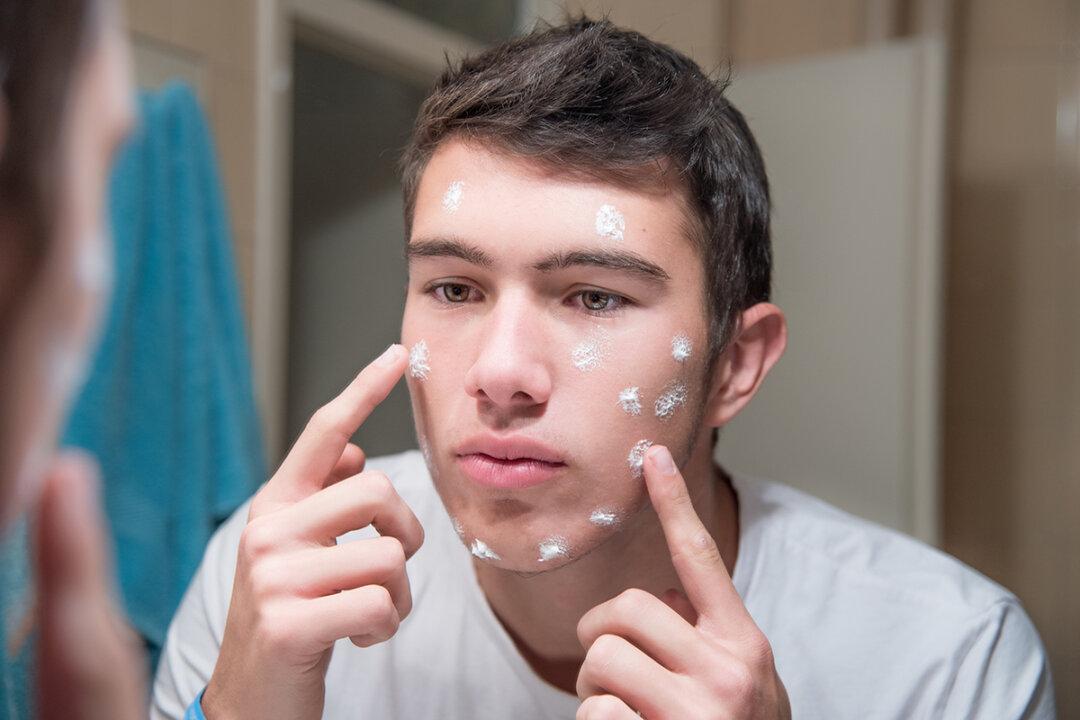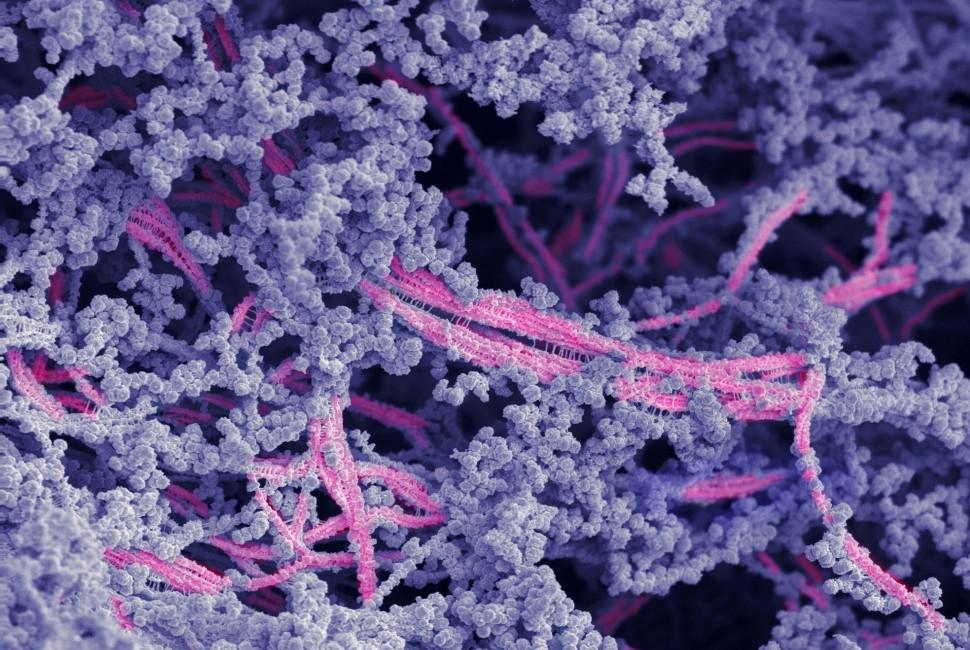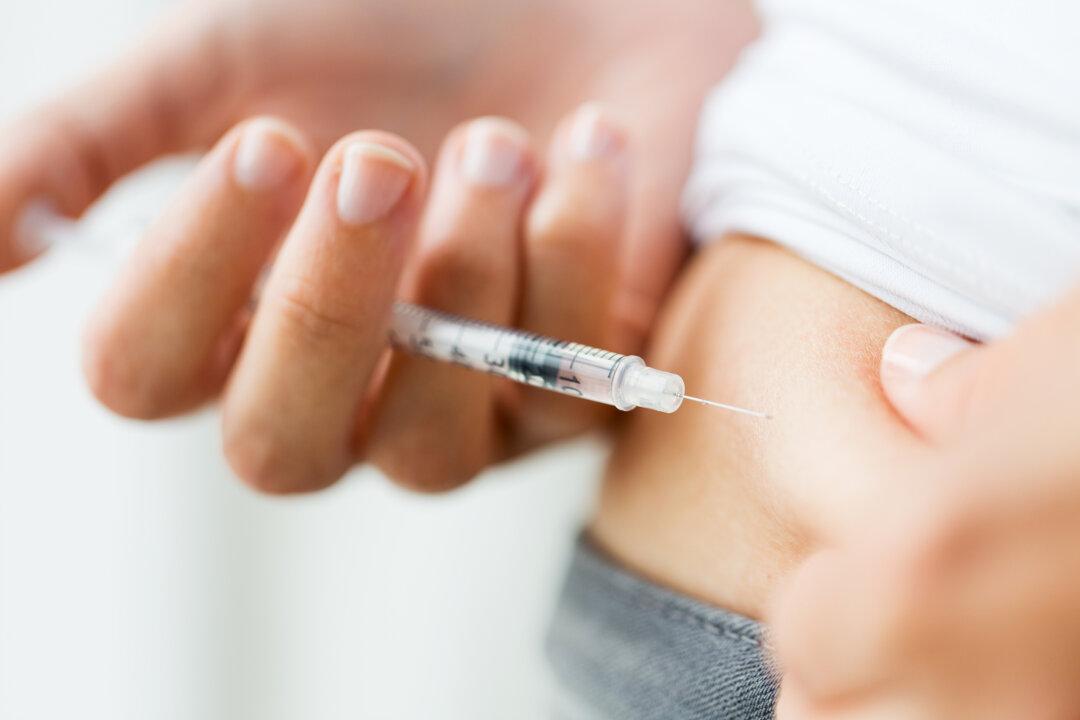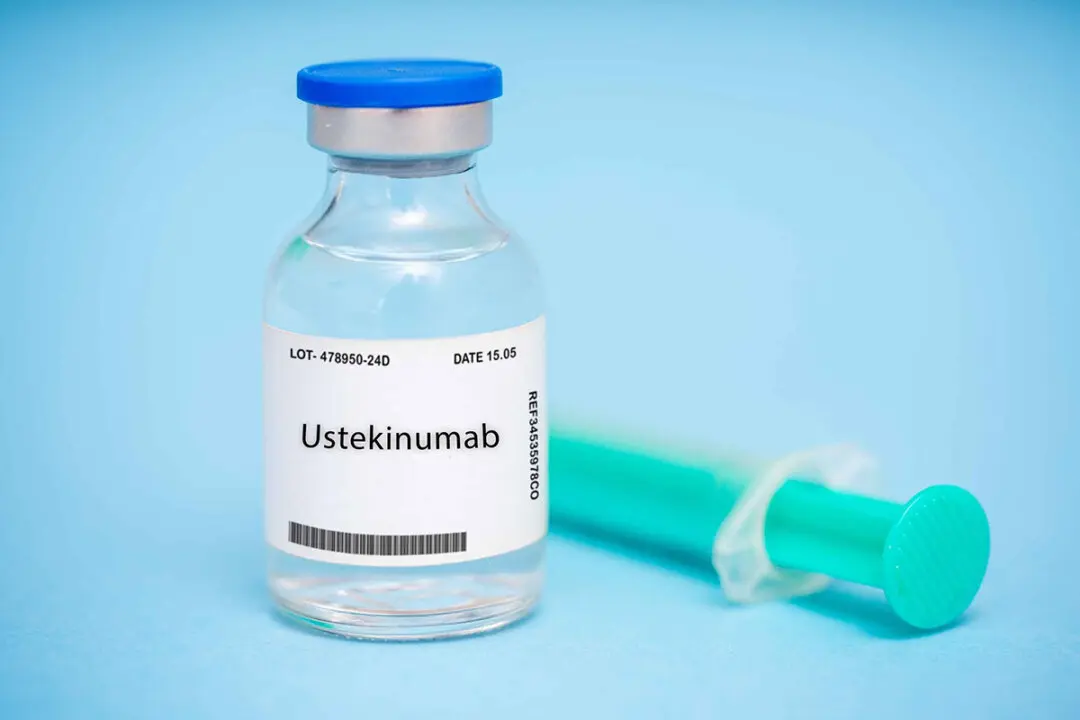High levels of benzene, a chemical known to cause cancer, can form in popular acne treatment products containing benzoyl peroxide.
The report was published by independent laboratory Valisure on Wednesday, prompting concerns about commonly used facial cleansers.






